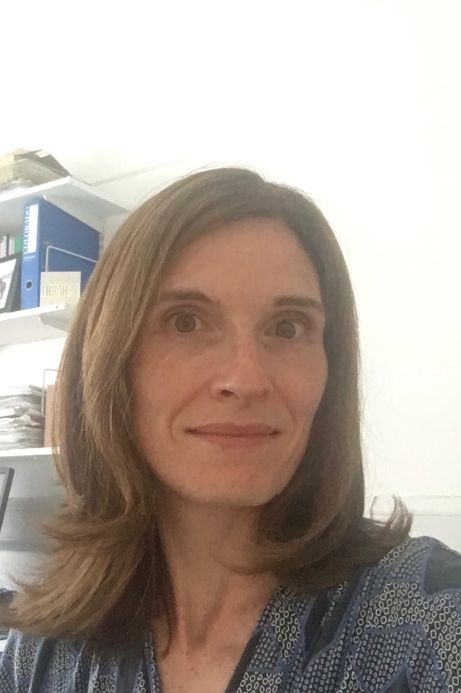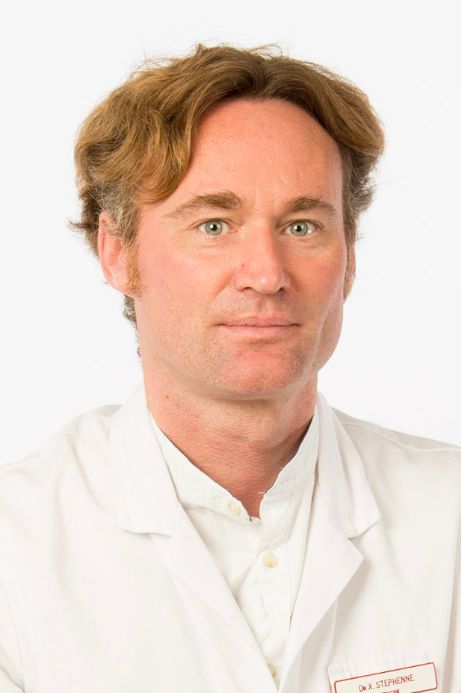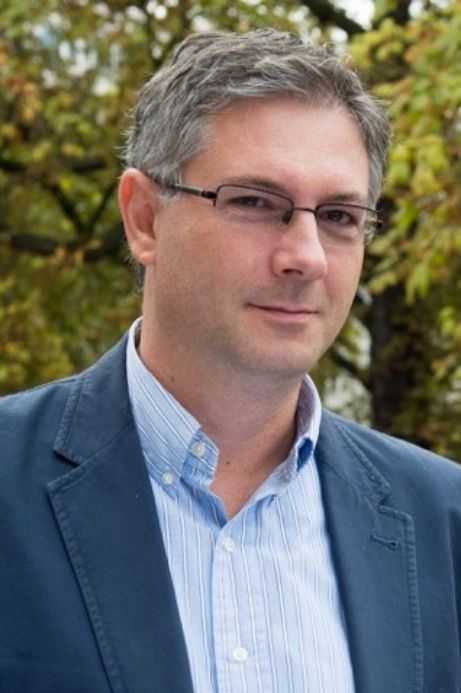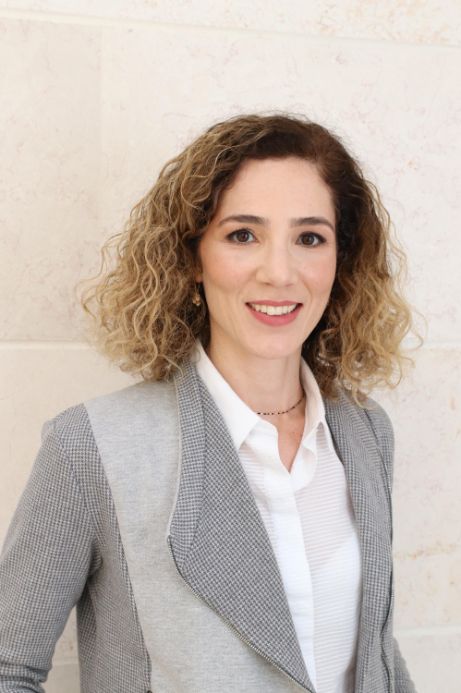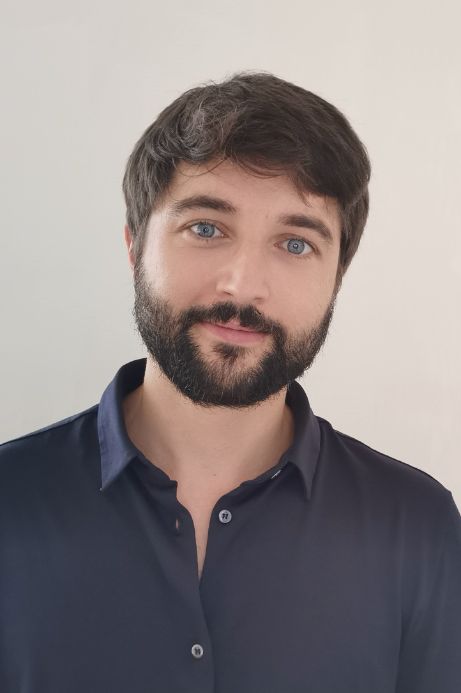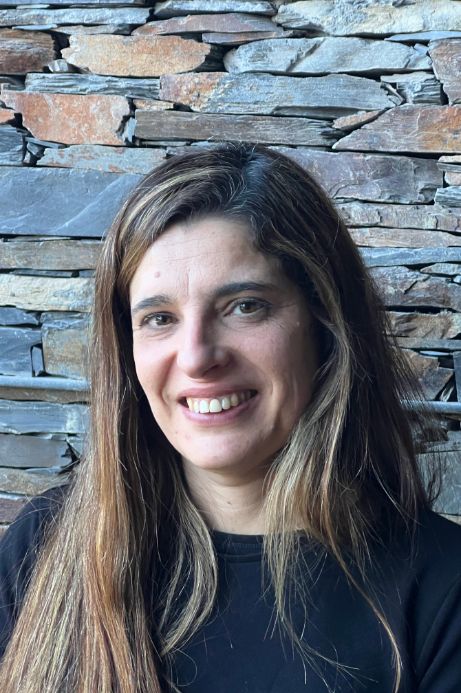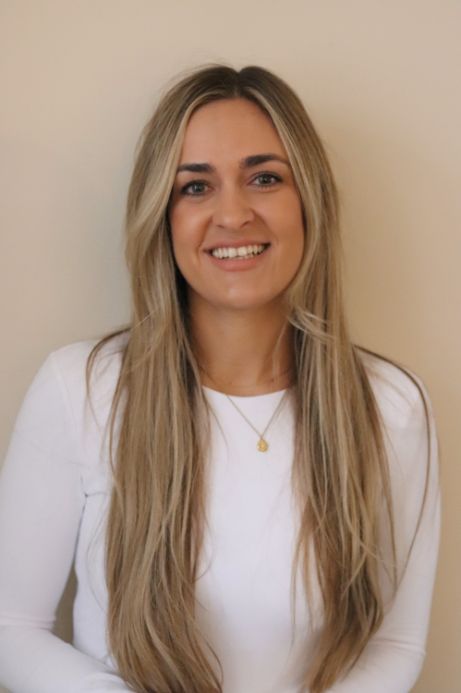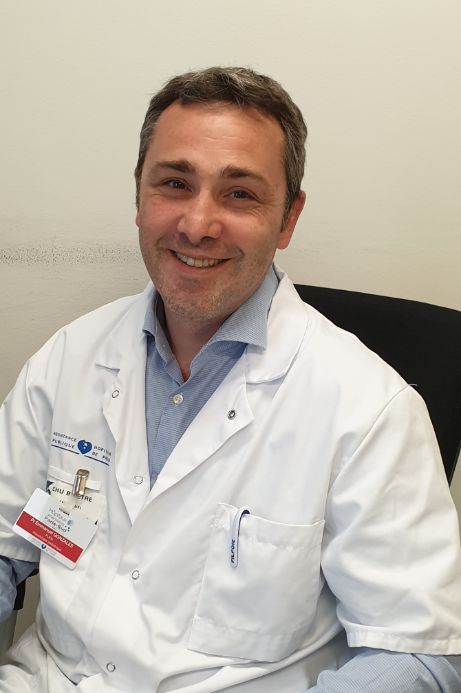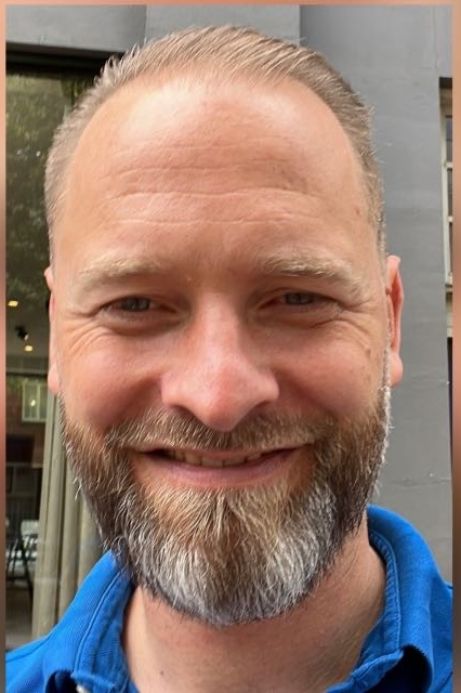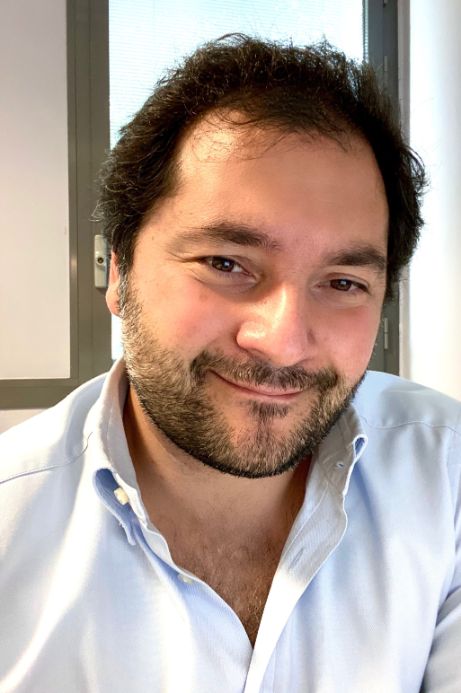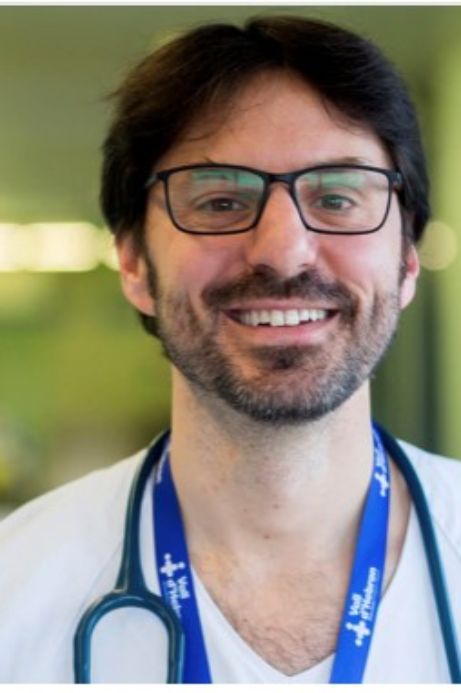General Information
The Hepatology committee is a standing committee of ESPGHAN.
As an independent committee the Hepatology Commitee attempts to be a neutral body and aims to
a) represent the interests of hepatologists within the council and society;
b) promote high quality research in Paediatric Hepatology
c) create “consensus papers” in the field of Paediatric Hepatology
d) to organize scientific meetings such as the Hepatology Summer School, specialized workshops, the Hepatology session during the ESPGHAN Annual Meeting and monothematic conferences and
e) work closely with the Hepatology Interest Group and the Trainee Committee to improve training in the field of Paediatric Hepatology.
The Hepatology Interest Group (HIG) is open for all ESPGHAN Members with a special interest in liver. The HIG meets each year at the ESPGHAN Annual Meeting to discuss achievements and new ideas, and to promote networking in the field of Peadiatric Hepatology. The meeting is organized by the Hepatology Committee. The activities of the committee are reported annually to the ESPGHAN Council and ESPGHAN Members.
To download the annual committee report, please click here.

